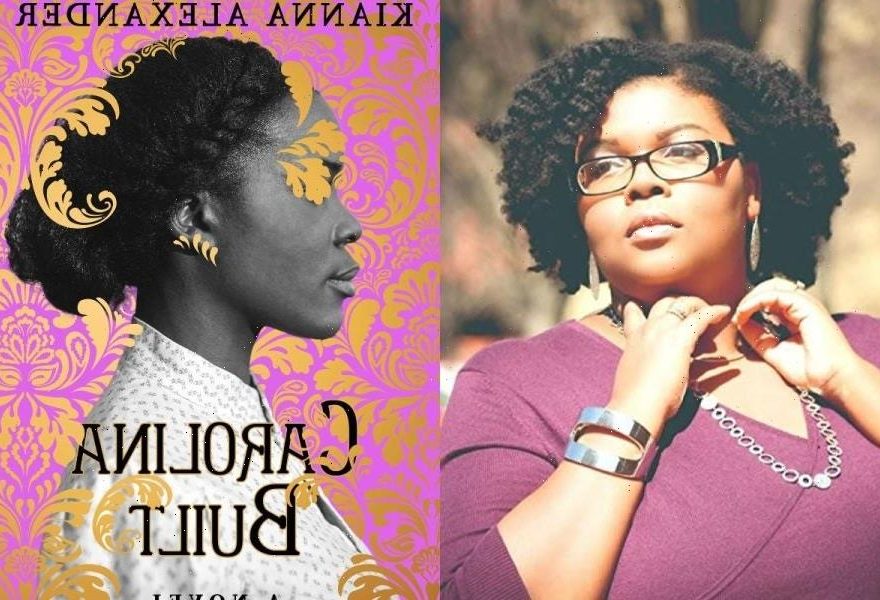It’s no secret that history is often manipulated by those who have the power to control the future’s perception of it. However, great books, literature, art and well-written screenplays hold the clues to the authentic lived experiences of those often hidden in history.
Recently, television shows that depict 18th-centtury and 19th-century life such as: BBC’s Harlots, PBS’s Sanditon, HBO’s The Gilded Age, and Netflix’s Bridgerton have all skillfully provided a rare glimpse into the lives of Black people outside of the context of slavery chains and these period dramas have been quite refreshing to say the least.
Bridgerton is one of the most watched television shows ever on the Netflix platform, and its content is intriguing to more than just history buffs. Shifting paradigms around the legacy of Black nobility, while simultaneously providing a fresh wind in its portrayal of courtship and love, and high society during the Regency era, Bridgerton and other period dramas have created a surge of interest in the historical fiction romance genre of literature. And, it’s evident that people of all backgrounds are curious and eager to see and learn more about Black lives from these time periods. Many networks are starting to catch on, and are partnering with Black writers and Black historians now more than ever to further elevate these narratives.
Names of female writers like: Jane Austen, Louisa May Alcott, Elizabeth Gaskell, and Charlotte Bronte are often synonymous with the historical fiction romance genre. However, Black women writers such as: Frances E.W. Harper, Pauline E. Hopkins, Anna Julia Cooper, and Mrs. A.E. Johnson have made a mark in literary history with their contributions to this genre as well. While Julia Quinn’s wildly popular historical fiction romance book series is the inspiration for Bridgerton, below you will find six Black female authors who are deliberate about depicting the lives of Black men and women during the Regency and British colonial eras, and beyond. These authors are adding well-researched, diverse, nuanced, and multidimensional characters and narratives to the historical fiction romance genre.

Several years ago, Dr. Gerzina rediscovered the work of the Black 19th-century writer Sarah E. Farro. Not only has Gerzina been elected to the American Academy of Arts and Sciences, she additionally holds the distinct honor of being a part of the American Antiquarian Society. Dr. Gerzina has been a tenured professor at: Dartmouth College, Vassar College, Barnard College, and the University of Massachusetts Amherst. Gerzina has authored the book titles: Britain’s Black Past, Carrington: A Life; Black London: Life Before Emancipation, Frances Hodgson Burnett: A Life; and Mr. and Mrs. Prince: How an Eighteenth-Century Family Moved out of Slavery and into Legend and she has edited The Secret Garden; Black Victorians/Black Victoriana.

While Jenkins has had success in her writing career, in the early stages of her career she had to overcome the publishing industry’s lack of awareness about Black history. In an NPR interview, she once stated that publishers would ask her “Did Black people really do this?” In the early stages, it was difficult for publishers to figure out what box to put her writing in. However, for Jenkins, telling these types of stories and seeing the impact of her readership is definitely worth it. “It is life-affirming, life-changing. And the thing they’re most proud of? It’s the history. To be able to say we were more than slaves, and sharing that history with their grandkids. I’m on my fourth generation of readers now, and it’s been an amazing ride.”

Alexander has stated, “In everything I write, however, my goal remains the same: to present African Americans in a truer, more positive light than other forms of media tend to do. This isn’t a crusade but is instead reflective of the Black men and women I know personally. The women are strong, beautiful, resilient and resourceful. The men are upstanding, affectionate toward their families, intelligent, and secure in their manhood. The negative images I see on my television screen do not mesh with the men and women I know, so I seek to give them a voice.”



Source: Read Full Article
